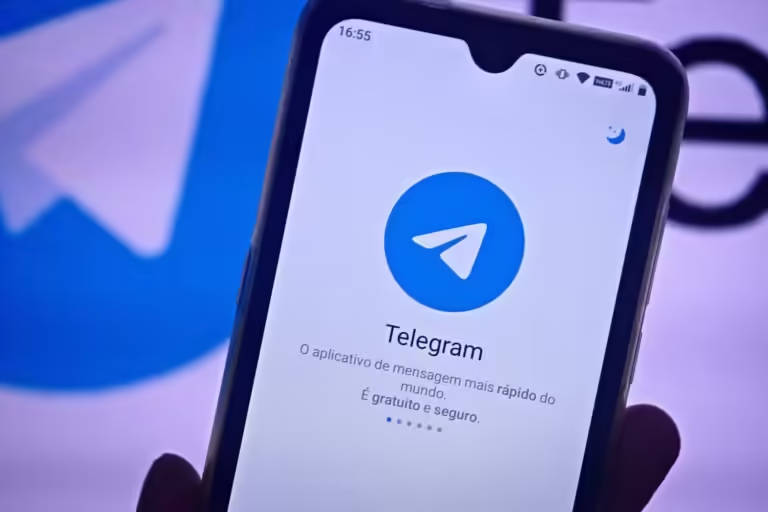Telegram co-founder Pavel Durov was arrested on Saturday night at an airport a few miles north of Paris, according to French news outlets BFMTV and TF1. The billionaire CEO arrived on a private jet from Azerbaijan, where a French search warrant was issued, accusing the app of having no moderators and of being used for drug trafficking, money laundering and the distribution of child abuse material, the two outlets reported.
Neither French authorities nor Durov have issued a statement about the arrest. However, Telegram told X (formerly Twitter) that “Durov has nothing to hide,” and Russian authorities have reportedly condemned the detention as an attack on freedom of speech. X owner Elon Musk also responded to the reports by posting about moderation and freedom of speech.
A post from Telegram’s X account said the company “complies with EU law” and that its moderation efforts are “within industry standards.” The post went on to say that it is “absurd to claim that the platform or its owners are responsible for misuse of their platform.”
The company added that it “awaits a prompt resolution.”
Durov was born in Leningrad (now St. Petersburg) and holds French and United Arab Emirates citizenship. Prior to founding Telegram, he was a co-founder of VKontakte, Russia’s equivalent of Facebook. Durov reportedly sold his shares in VKontakte and left Russia in 2014 due to Russian government censorship requests. Telegram is now headquartered in Dubai, and Durov said in April that the app has nearly 1 billion users.
Durov, 39, is worth an estimated $15.5 billion, according to Forbes magazine. In July, he said he was a sperm donor, had “over 100 biological children,” and planned to “open source” them. [his] “DNA.”
Telegram has reportedly censored content in the past, including Hamas channels and “public calls to violence” related to the storming of the U.S. Capitol. But governments have frequently clashed over the company’s stance on content moderation and privacy, as well as its use by protesters. Russia tried to block Telegram in 2018 after the company refused to hand over encryption keys. A year later, Durov claimed China had launched a cyberattack against the service to suppress protests in Hong Kong. Cuba blocked the app in 2021 amid ongoing protests against the government’s COVID-19 measures, and two years later a Spanish court temporarily blocked access to Telegram following a copyright infringement complaint from a local media group.

